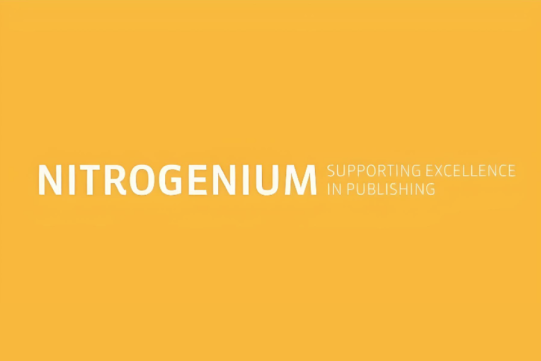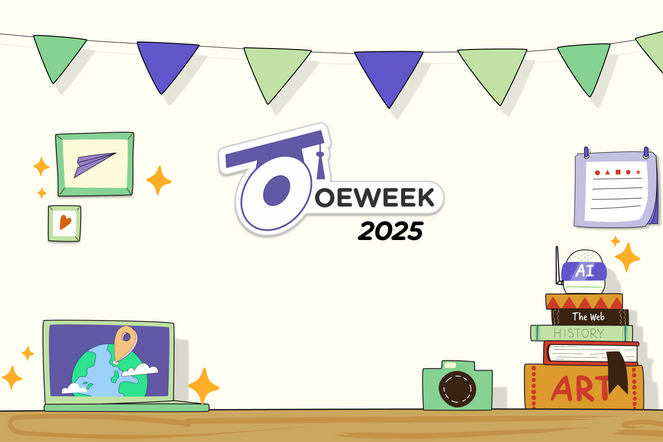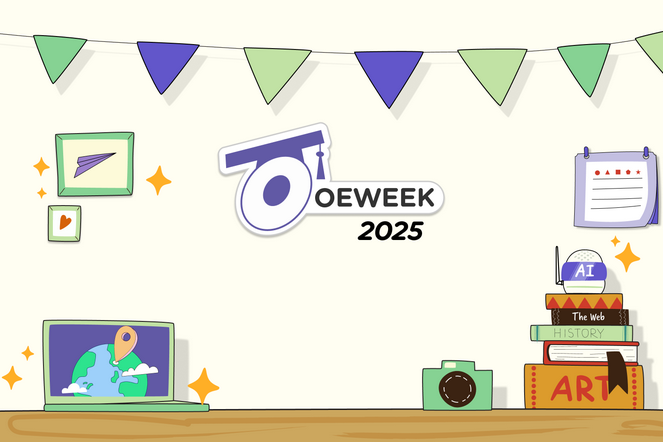Alumni professional career – new tab on the Doctoral School website

A new tab, Graduates -> Alumni professional career, has been launched on the Doctoral School website, where you can find, among other things:
Call opening for 2025 in Nitrogenium program

The Nitrogenium Supporting Excellence In Publishing program is part of the implementation of the tasks of the ‘Excellence Initiative - Research University’ program in terms of improving the quality of the university's scientific activity. Its purpose is to support the publication of research results of Gdańsk Tech employees and doctoral students in the best world scientific journals.
Open Education Week 2025 | Open online courses – professional knowledge for everyone
- Read more about Open Education Week 2025 | Open online courses – professional knowledge for everyone
Every year in the first week of March, Open Education Week is celebrated around the world, this year's edition will take place on March 3-7, 2025. The aim of the week is to raise awareness, present initiatives and celebrate the impact of open education on teaching and learning.
This year, Gdańsk Tech University librarians are inviting everyone to two short training sessions devoted to open educational resources.

Open Education Week 2025 | Open academic textbooks at your fingertips
Every year in the first week of March, Open Education Week is celebrated around the world, this year's edition will take place on March 3-7, 2025. The aim of the week is to raise awareness, present initiatives and celebrate the impact of open education on teaching and learning.
This year, Gdańsk Tech University librarians are inviting everyone to two short training sessions devoted to open educational resources.

Open Education Week 2025

Every year in the first week of March, Open Education Week is celebrated around the world, this year's edition will take place on March 3-7, 2025. The aim of the week is to raise awareness, present initiatives and celebrate the impact of open education on teaching and learning. During Open Education Week, online and local events are organized, such as workshops, webinars, discussions and debates.
Young Researcher's Day
The Young Researcher's Day is an initiative created in response to the needs expressed by the staff and PhD students of the University. It serves as a platform for the integration of the academic community, reducing distance, and fostering collaboration between researchers who are mainly at the beginning of their scientific careers. By design, it is a recurring event, planned as part of the HR4R Strategy for 2022-2025.
Meeting with the philologist and author of books

- Where do shame and fear of speaking a foreign language come from?
- What role do our expectations, the education system, and the opinions of others play in forming our relationship with a new language?
These are the topics we will discuss with Jagoda Ratajczak, author of the book "Luka. Jak wstyd i lęk dziurawią nam język ", in which the philologist draws on the works of famous linguists, cites research, and interviews teachers, polyglots, psychologists, and ordinary language users.


